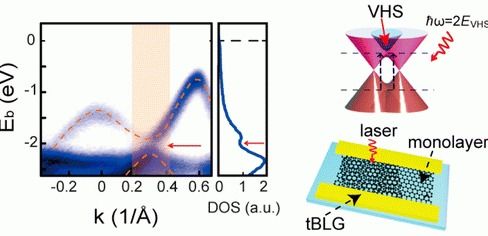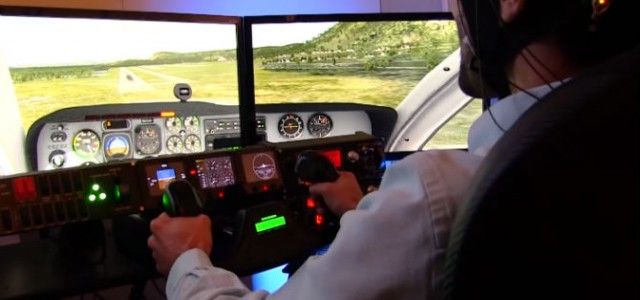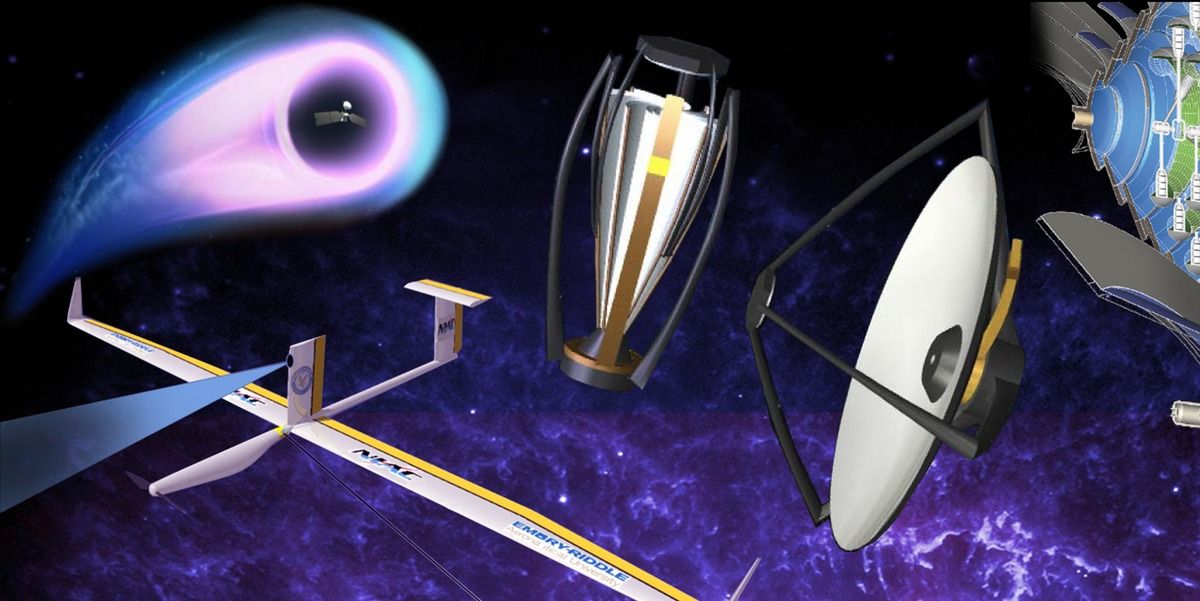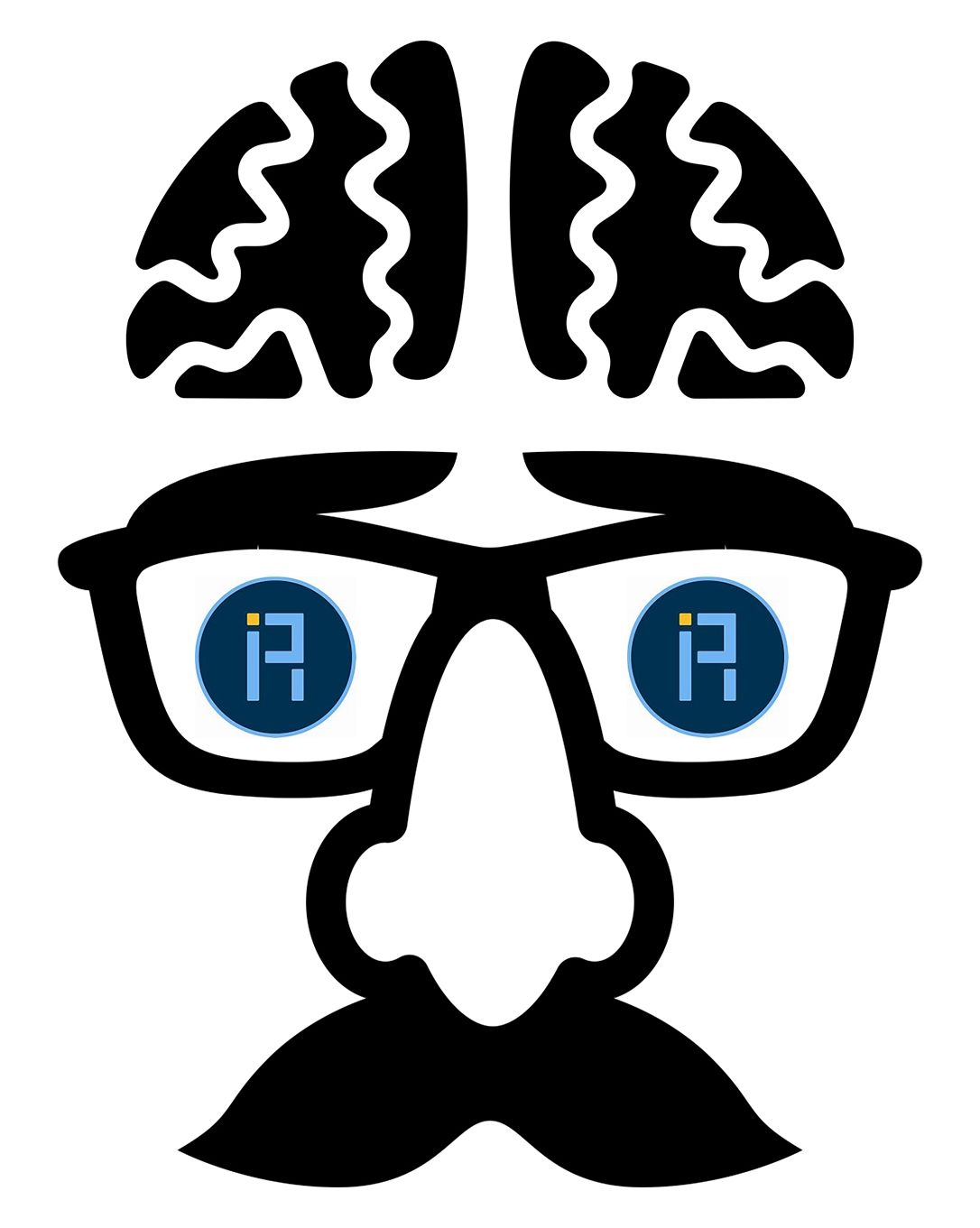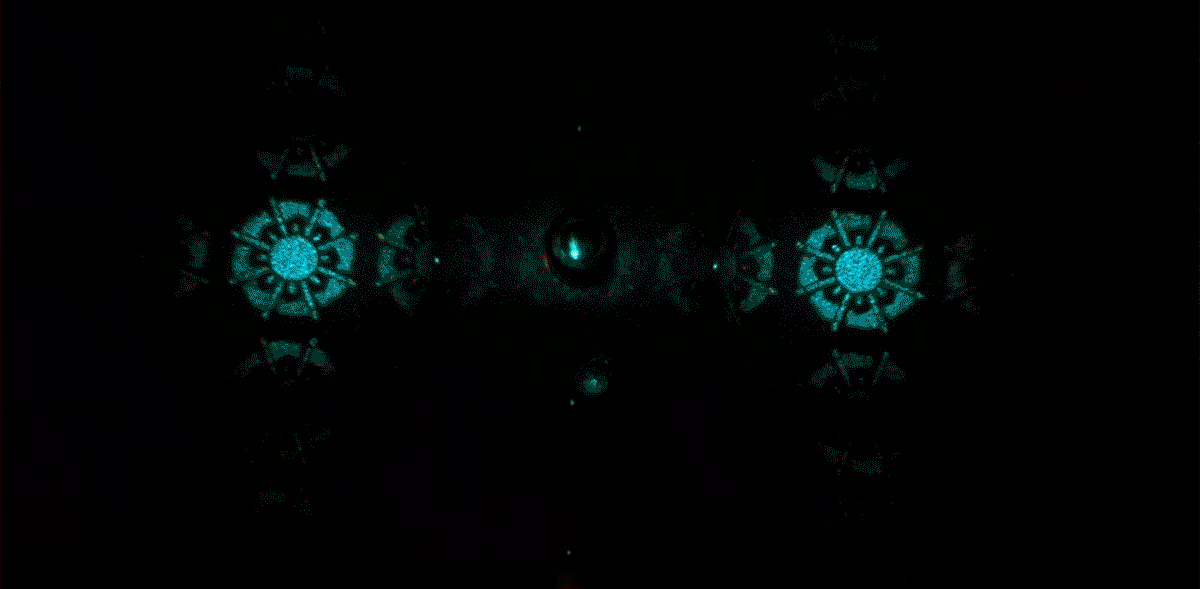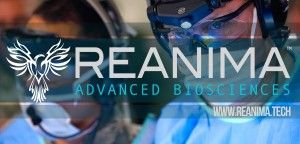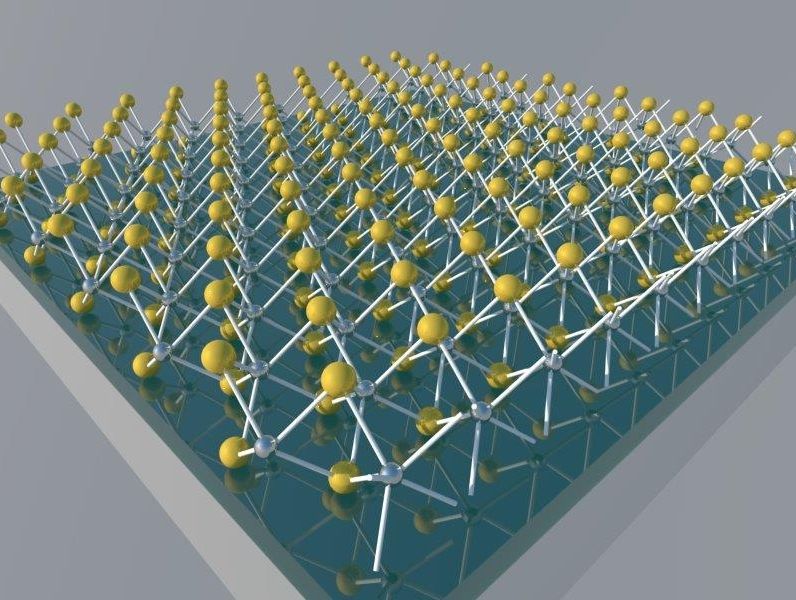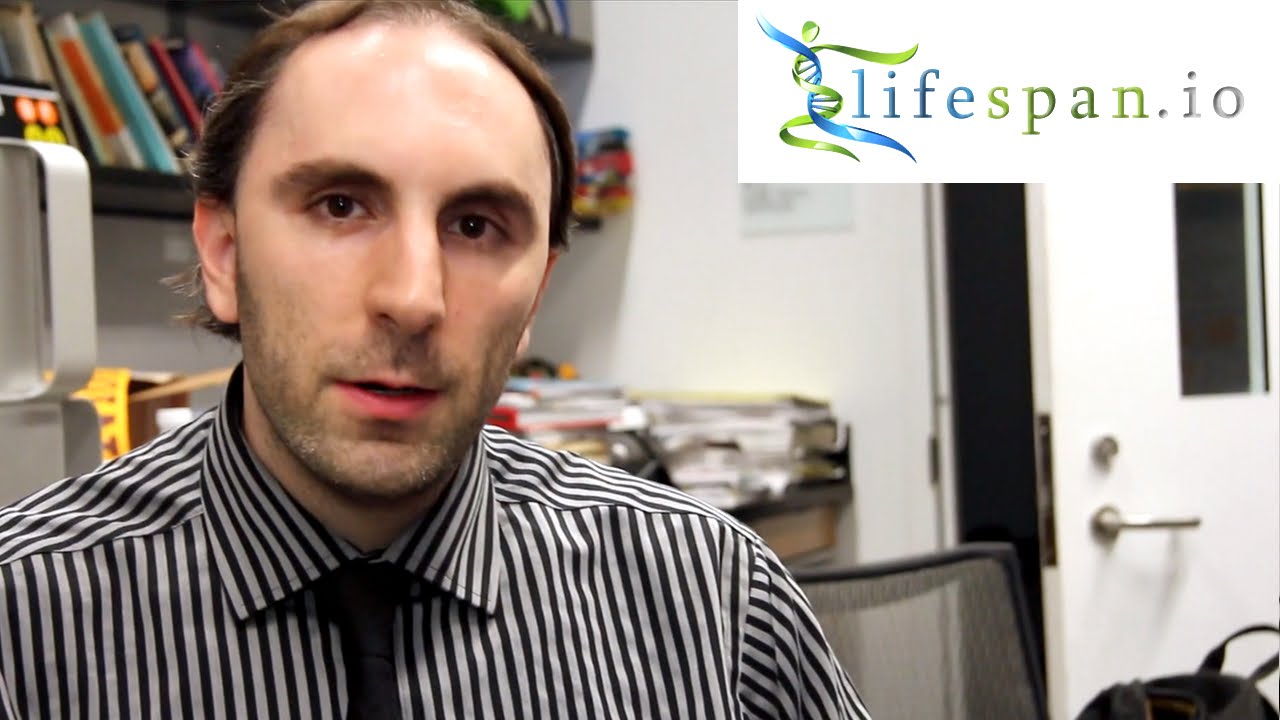May 14, 2016
Building Large-Domain Twisted Bilayer Graphene with van Hove Singularity
Posted by Karen Hurst in categories: materials, singularity
Twisted bilayer graphene (tBLG) with van Hove Singularity (VHS) has exhibited novel twist-angle-dependent chemical and physical phenomena. However, scalable production of high-quality tBLG is still in its infancy, especially lacking the angle controlled preparation methods. Here, we report a facile approach to prepare tBLG with large domain sizes (100 μm) and controlled twist angles by a clean layer-by-layer transfer of two constituent graphene monolayers. The whole process without interfacial polymer contamination in two monolayers guarantees the interlayer interaction of the π-bond electrons, which gives rise to the existence of minigaps in electronic structures and the consequent formation of VHSs in density of state. Such perturbation on band structure was directly observed by angle-resolved photoemission spectroscopy with submicrometer spatial resolution (micro-ARPES). The VHSs lead to a strong light–matter interaction and thus introduce ∼20-fold enhanced intensity of Raman G-band, which is a characteristic of high-quality tBLG. The as-prepared tBLG with strong light–matter interaction was further fabricated into high-performance photodetectors with selectively enhanced photocurrent generation (up to ∼6 times compared with monolayer in our device).
